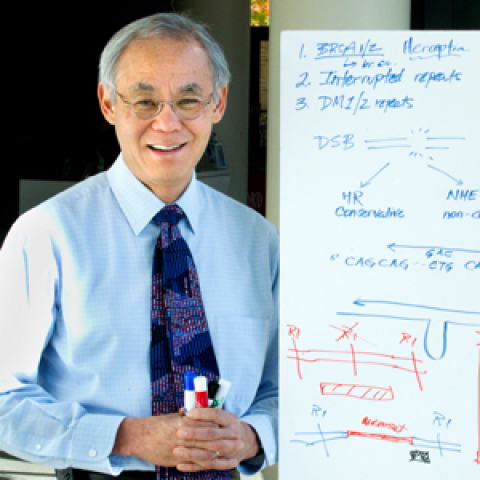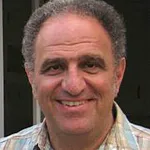Interdisciplinary Initiatives Program Round 2 – 2002
Gilbert Chu, Medicine
Richard Zare, Chemistry
Robert Tibshirani, Health, Research & Policy
One of the standard treatments of cancer patients is radiation, but about one patient in twenty suffers from serious side effects. The goal of this work is to develop a means to predict adverse reaction to radiation therapy prior to administering this treatment. The plan is to analyze the patient’s blood cells for a pattern of proteins and other markers that will predict adverse reaction. The analysis involves using a new form of mass spectrometry for looking at various components in the blood.
Mass spectrometry is capable of analyzing complex protein samples. We have adopted the strategy of developing a novel method of mass spectroscopy that is characterized by both low cost and high detection efficiency. The high efficiency is based on a mathematical coding of the ion beam called the Hadamard transform. We have spent the past year constructing a new mass spectrometer. Several problems have been solved, and we have achieved improvements that will permit completion of an optimized mass spectrometer.




